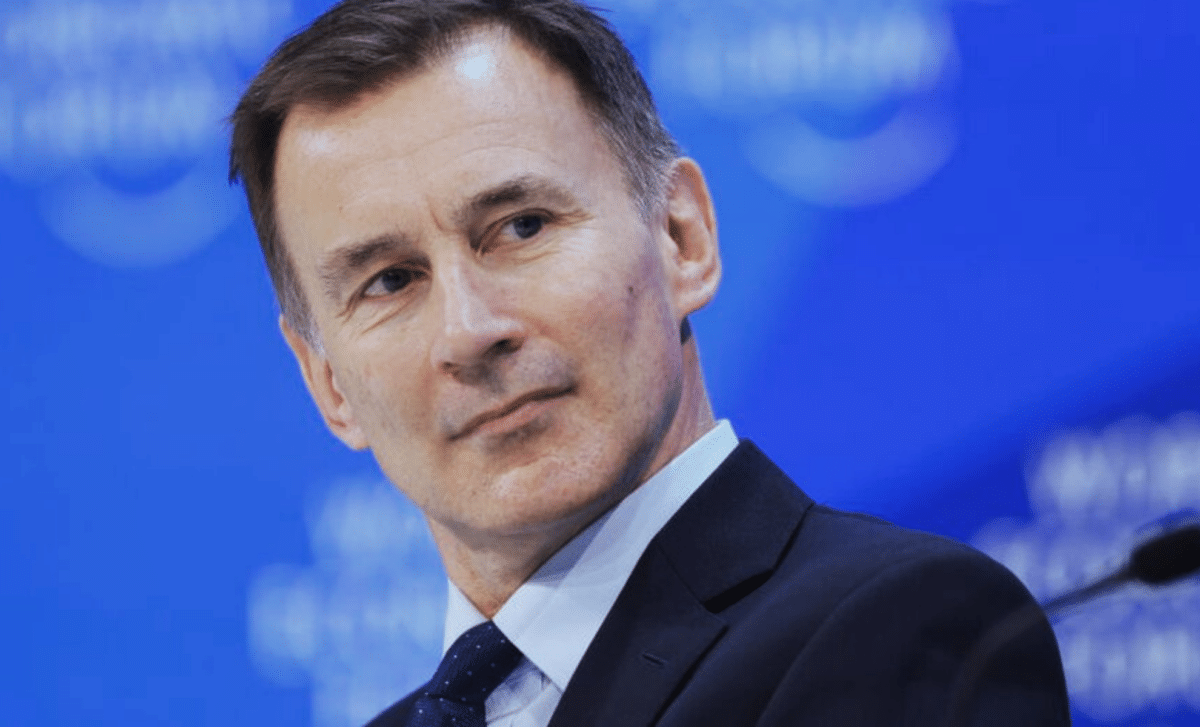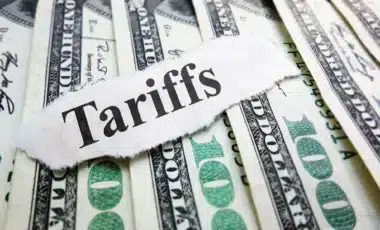Jeremy Hunt’s recent Budget 2024 announcement includes a strategic manoeuvre: a 2p reduction in national insurance rates. This decision aims to boost both his declining approval ratings and revitalize the British economy during the ongoing recession.
Chancellor’s Budget 2024: Economic Strategy and Political Manoeuvring
With elections looming, the Chancellor has strategically placed what could be the last major economic intervention. He emphasized progress towards governmental economic objectives, particularly in alleviating financial strain on families through permanent tax reductions.
Despite this, official forecasts indicate that tax as a national income share will remain at 37.1%, the highest since 1948. The 2pc cut for 27 million employees follows a similar reduction announced in the autumn statement, amounting to a yearly benefit of £900 for the average worker.
This heralds a significant shift in the financial landscape, with individuals experiencing a notable reduction in their national insurance contributions from 12% to 8% of their taxable salary, marking a substantial change from the previous year. “We will continue to cut national insurance contributions as we have done today to truly make work pay,” emphasized Hunt to MPs. “We adhere to our plan with a budget for long-term growth, aimed at delivering more investment, more jobs, better public services, and lower taxes.”
Hunt’s Fiscal Agenda: Balancing Revenue Generation and Taxation Policies
In announcing income-raising measures to support his plans, the Chancellor publicly advocated for the abolition of current tax breaks for non-domiciled individuals, aiming to generate a yearly £2.7 billion. Additionally, he proposed other increases, including the extension of a windfall tax on gas and oil companies.
However, the wealthiest may also benefit from certain measures, such as a 4% reduction in the higher level of capital gains tax required on property sales, decreasing from 28% to 24%. In an effort to appeal to average earners, the Chancellor also announced plans to raise the threshold at which parents begin paying a high-income child benefit charge from £50,000 to £60,000.
In a calculated political manoeuvre, Jeremy Hunt embraced a prominent Labour policy, suggesting that the opposition would have implemented similar measures to fund their spending initiatives.
He stated, “We use that revenue to help cut taxes on working families.” Additionally, in his commitment to pave the way for economic expansion, he disclosed revised projections from the Office for Budget Responsibility, citing an improved growth outlook for the UK following a quicker-than-anticipated decline in inflation.
Charting Britain’s Economic Course: Balancing Recovery and Political Demands
With Britain’s economy facing recession, the Office for Budget Responsibility (OBR) anticipates growth to rise to 0.8% in 2024, before reaching 1.9% in 2025.
In an effort to expedite economic recovery and ensure voters perceive its benefits prior to the election, the government plans to propose regulations as early as next week to enable the cut to national insurance to take effect from April.
This anticipated decision follows intense lobbying by Tory backbenchers advocating for significant pre-election giveaways. Their aim is to potentially diminish Labour’s considerable lead in opinion polls with a budget that resonates with the public.
However, the government’s choice to prioritize tax cuts will inevitably entail a more stringent austerity campaign for government departments. This prioritization exacerbates the strain on public services, already grappling with issues such as escalating NHS waiting lists and the looming spectre of council bankruptcies.
Balancing these competing priorities poses a significant challenge for the government as it navigates economic recovery amidst political pressures.









